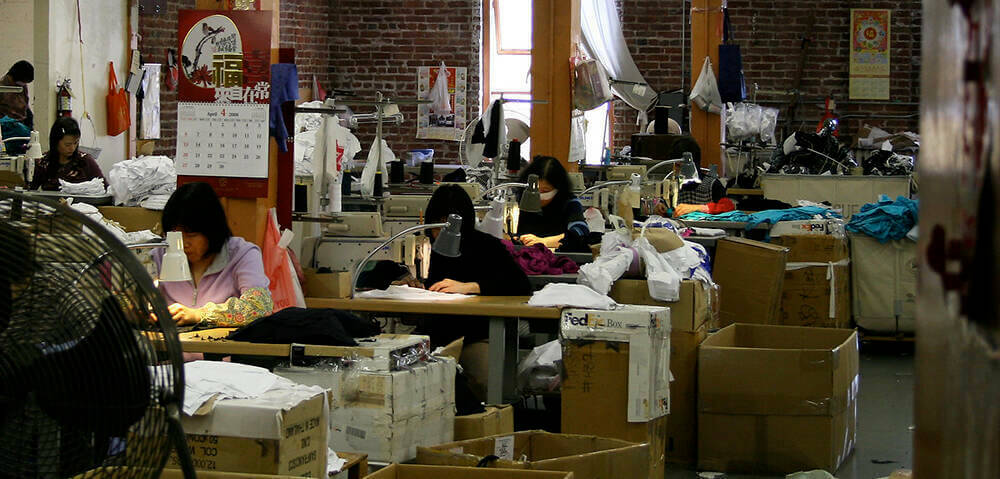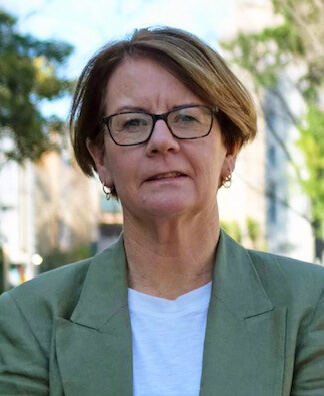
Rethinking our responsibilities as consumers
From the clothes we wear to the influencers we follow, consumers play a significant role in the fashion industry. We buy new garments regularly, often in excess, and discard old clothes with little thought about the implications. In response, the fashion industry now manufactures 52 seasons of clothing every year – one for each week. Consumers who crave the newest trends perpetuate this speedy production, a phenomenon known as fast fashion.
There are multiple effects of fast fashion. Clothes must be sold at a lower cost, which translates into extremely low wages and poor working conditions for garment industry workers. Beyond concerns for laborers, fast fashion also harms the environment. Cheap clothes, produced quickly, are made with inferior materials and a higher volume of plastic. Because these clothes are quickly thrown away, a cycle of production and waste results in a large amount of carbon emission among other environmental hazards.
Join the Klau Institute as Justine Nolan, director of the Australian Human Rights Institute, shares insights on fast fashion and asks what hope exists for addressing labor and environmental exploitation in global supply chains.

Justine Nolan
Justine Nolan is a professor in the faculty of law and justice at the University of New South Wales Sydney and director of the Australian Human Rights Institute. Justine's research focuses on the intersection of business and human rights, in particular, supply chain responsibility for human rights and modern slavery.
Her 2019 co-authored book Addressing Modern Slavery examines how consumers, business and government are both part of the problem and the solution in curbing modern slavery in global supply chains. Other recent books include The International Law of Human Rights (OUP, 2017) and Business and Human Rights: From Principles to Practice (Routledge, 2016).
She teaches international human rights law and related courses on global law, development, globalisation and business and human rights. Justine works closely with business, government and civil society and has been a key driver of the Australian business and human rights movement. In 2019 she was named 'Academic of the Year' at the Australian Law Awards. From 2016-2019 she served as Associate Dean Academic at UNSW Law.
Photo: "Sweatshop Workers" by zakattak is licensed under CC BY-NC-ND 2.0.
Originally published at klau.nd.edu.